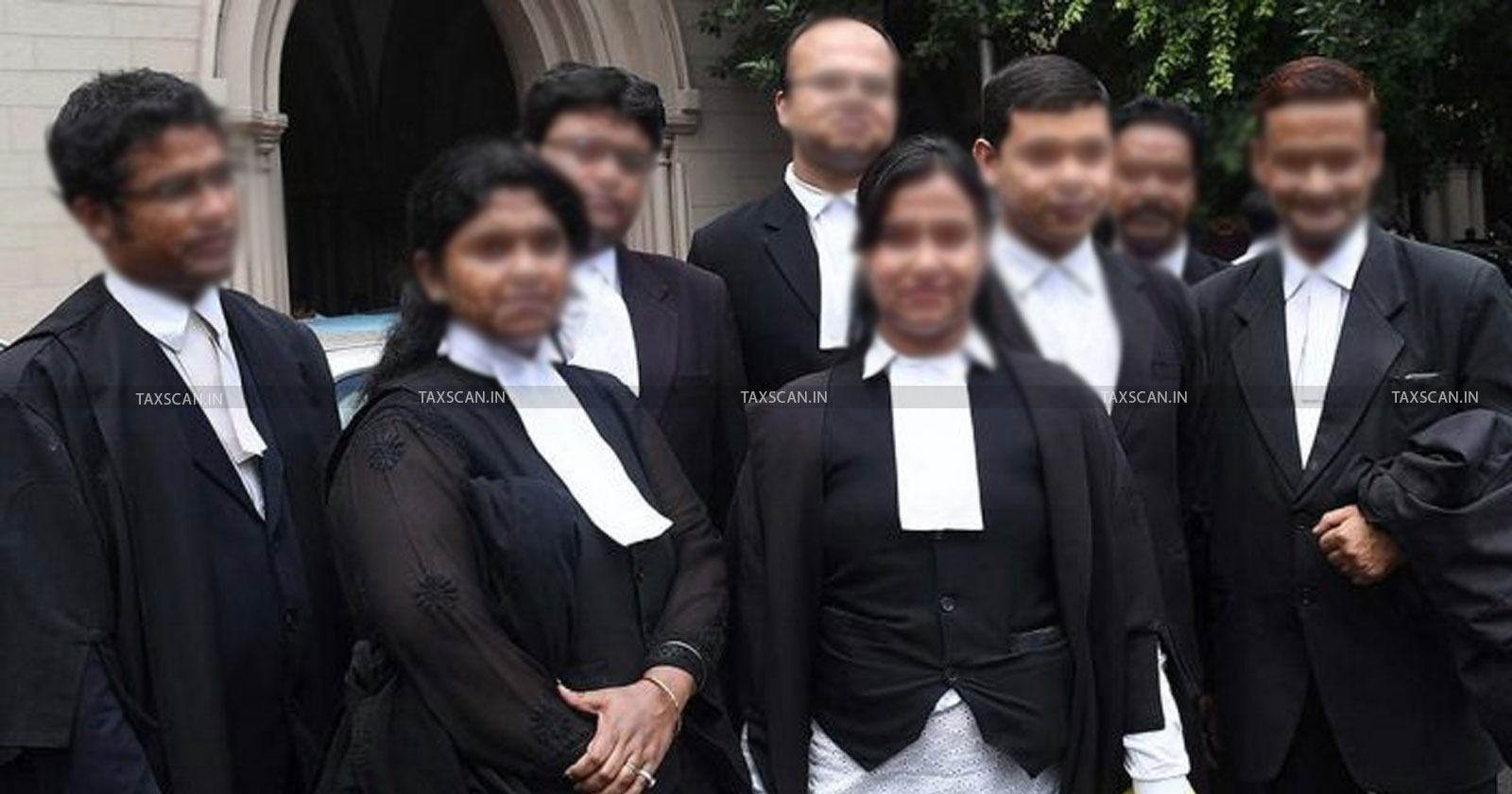No Liability on Advocates for Deficiency of Services under Consumer Protection Act: Supreme Court [Read Judgement]

No Liability – Advocates – Deficiency – Services – Consumer Protection Act-Supreme Court-taxscan
No Liability – Advocates – Deficiency – Services – Consumer Protection Act-Supreme Court-taxscan
Recently, the Supreme Court made a significant ruling that advocates cannot be held liable under the Consumer Protection Act 1986 (as re-enacted in 2019) for deficiency of services. The Court held that professionals should be treated differently from individuals engaged in business and trade.
As a result, complaints against advocates alleging deficiency of services are not maintainable before the Consumer Forum.
This ruling was made by the Supreme Court bench of Justices Bela Trivedi and Pankaj Mithal, who overruled a 2007 judgment of the National Consumer Disputes Redressal Commission. The 2007 judgment had ruled that the services rendered by lawyers are covered under Section 2 (o) of the Consumer Protection Act 1986.
The discussions encompassed various points, ranging from the necessity of an independent bar allowing lawyers to speak freely without contractual constraints, to the potential for simultaneous legal proceedings. These included appeals from the lawsuit and complaints against advocates filed with the consumer forum.
A key focus of the debate was on contrasting the medical and legal professions, citing the Supreme Court ruling in Indian Medical Association v VP Shantha, which brought healthcare services under the Act. One argument attempted to distinguish lawyers' lack of control over the service environment.
Senior Advocate V Giri, acting as an amicus curiae, also addressed the Bench during the final hearing. Among other points, he argued that a lawyer representing a client in court doesn't establish a direct service provider-consumer relationship.
He also emphasized that lawyers appearing in court or before different forums may require distinct treatment from those sought for legal services such as opinions, consultations, and agreement drafting.
Justice Trivedi, reading out the operative part of the judgment, stated that the judgment distinguishes profession from business and trade. A professional requires a high level of education, skill, and mental labor, and their success depends on various factors beyond their control. Therefore, it was held that a professional cannot be treated at par with businessmen under the Consumer Protection Act.
The bench also opined that the judgment in Indian Medical Association v. VP Shantna, which held that doctors and medical professionals can be held liable under the Consumer Protection Act, is to be revisited. The bench requested the Chief Justice of India to refer the VP Shanta judgment to a larger bench for reconsideration.
In conclusion, the court distinguished profession from business and trade, stating that a profession would require advanced education and training in some branch of learning or science.
The nature of work is specialization and skill, a substantial part of which is intellectual. This ruling is a significant development in the legal profession and consumer protection law.
To Read the full text of the Order CLICK HERE
Support our journalism by subscribing to Taxscan premium. Follow us on Telegram for quick updates


